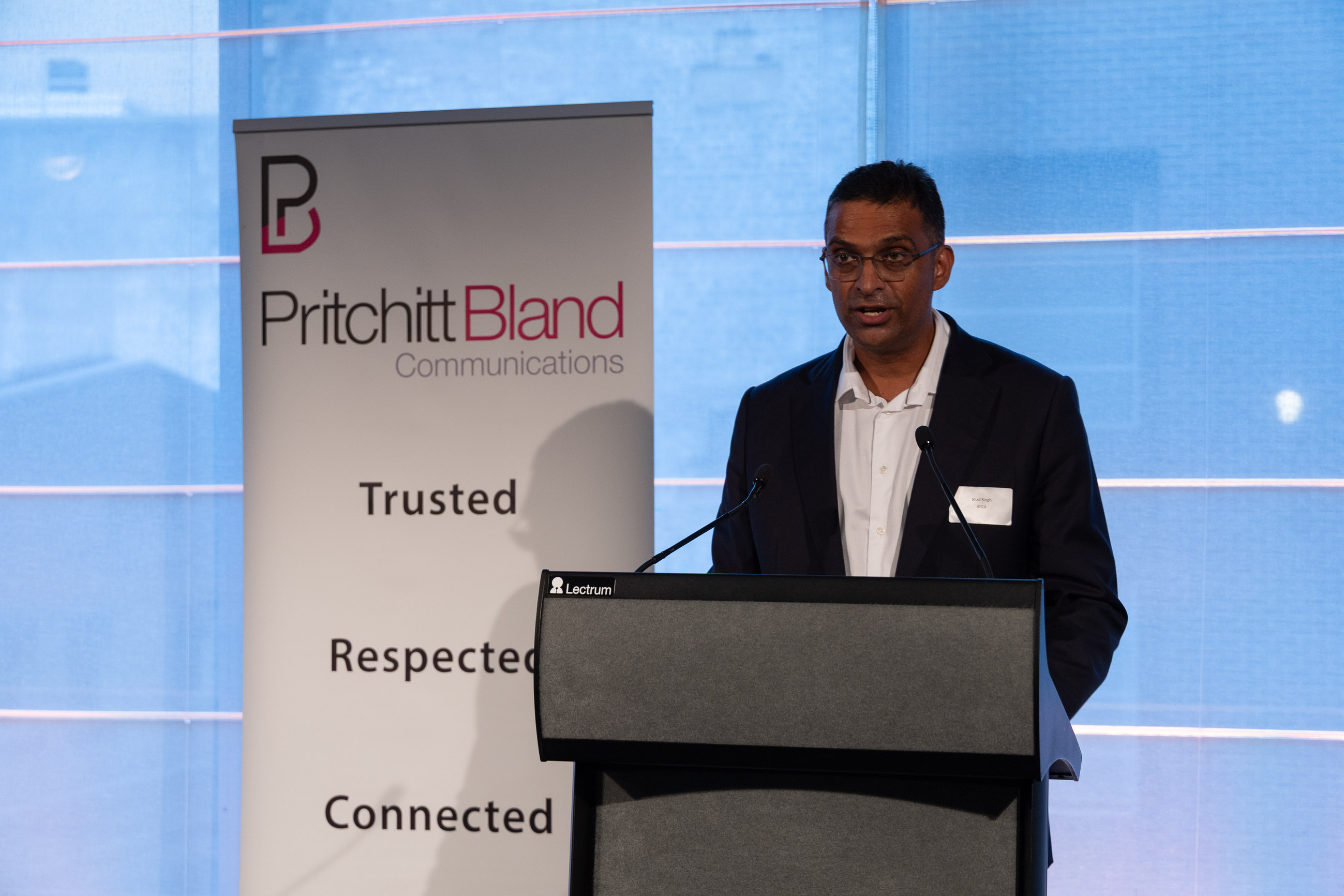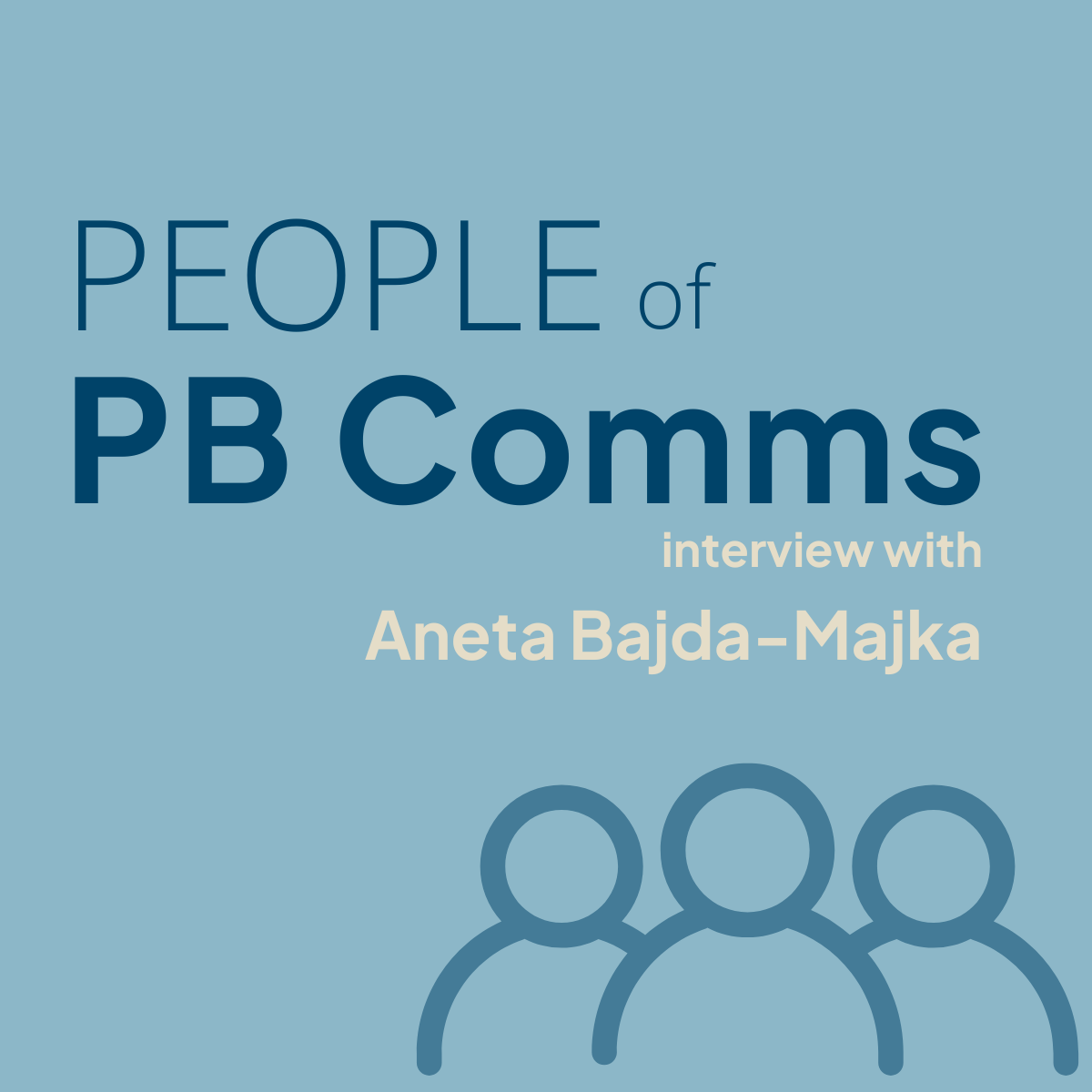Debate about financial planners and the need for them to embrace professional standards has continued in 2020 as intensely as ever this year.
In his presentation to the Pritchitt Partners’ annual New Year function John Maroney, CEO of the SMSF Association, painted a picture of what a planner might be doing in the future.
John’s presentation also motivated me to take action on the New Year’s resolution I’ve had for a good few years now - to join the Public Relations Institute of Australia.
Mind you, the road for Financial Planners is a lot tougher than PR. We don’t need qualifications or professional membership before we hang up a shingle. I’ve heard it said it’s easier to set up as a public relations consultant than it is a hairdresser. Maybe if someone is waving scissors around your head it’s just as well.
Joining a professional body does not necessarily mean a member automatically acts professionally, but it’s a good start. It means agreeing to a Code of Ethics, ongoing professional development, and shows proven knowledge and experience.
Acting professionally means bringing all this and more to the benefit of clients, and putting their interests first. In this I’m not pointing the finger at financial planners, there’s many stories about public relations consultants’ unethical behaviour including overcharging and under delivering.
Although serious misbehaviour has been exposed as rife in financial services, many practitioners have always operated at the highest standards of professionalism.
For the larger community, financial services trust and reputation has gone out of the window and only through major cultural changes in organisations, and by individual practitioners gaining a trustworthy reputation, will this change.
This is particularly necessary for Financial Planners who largely rely on personal contact and referrals for business growth.
My partner, Claudia, laid out a blueprint for financial advisers to restore trust and reputation in the latest Financial Standard.
Regardless of the scandalous and dishonest conduct of some planners, it could be said that the old model of financial planning simply didn’t fit future needs of Australians anyway.
At our New Year reception, John predicted that the financial advice profession will gradually look more like a medical profession, where regular health checks can be undertaken using real-time data.
“Efficient initial advice could be more like a half hour discussion with the doctor reviewing the results of general blood tests and measurements of height, weight, blood pressure, family history, rather than requiring extensive manual data gathering and days of manual analysis and report preparation that is primarily focused on risk mitigation for advisers, rather than value adding for consumers,” he said.
John identified the need for more Australians to have access to affordable advice and trust in the system.
And for us, positive and informative communications by advisers will be an essential ingredient if trust is to be rebuilt.



















